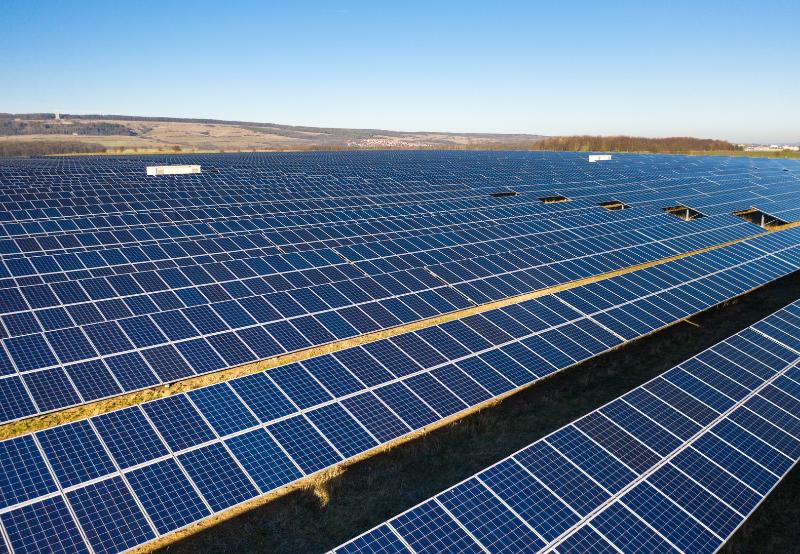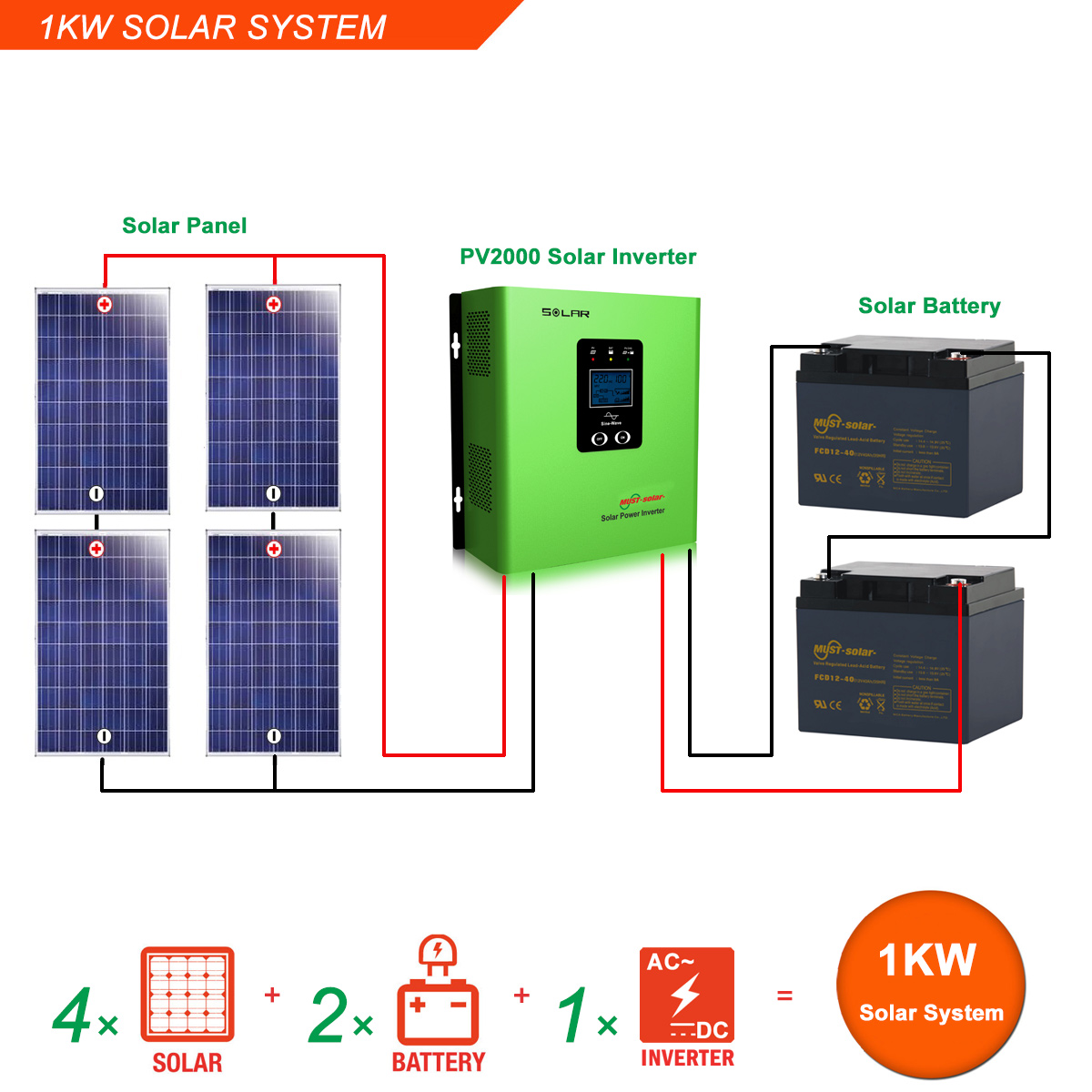
There are several important factors to consider in order to maximize your solar panel investment. These include: Payback period, tax incentives and Net metering. It is important that you choose the best company to install solar panels. Ask friends or review sites for suggestions. Compare apples to apples. The more you know about solar panels, the stronger your decision making power will be.
Tax incentives
There are many state and federal tax incentives available to solar panel investors. You can often get tax credits up to 30%. In addition, you may also be eligible for net-metering and other incentives that are specific to your state. Combining solar tax credits with other incentives is possible.
The Investment Tax Credit is a federal credit that can be used for the purchase of solar panels. The credit can be applied to solar panels that were purchased in the tax year the system was installed. This credit is based on a percentage of the cost of the system and can be as high as 30% of that amount.

Net metering
Investing in solar panels and receiving net metering from your utility company can be an excellent way to maximize your savings. This system allows you sell excess energy back at the utility to pay for the production costs. Additionally, you can receive energy credits from your utility company when you generate more power than you use, which can add up to hundreds of dollars each year.
Net metering works two ways. It reduces electric grid strain and offsets non-solar customers' electricity costs. It reduces energy losses by sending voltage miles from your nearest power plant. While some say that net metering is unfair for non-solar electricity customers, numerous cost-benefit studies have shown that it is a valuable tool for maximizing your solar panel investment.
Investing in solar panels
Investing in solar panels is an excellent way to save money on electricity. Electricity costs are constantly increasing, but solar energy is an excellent solution for this problem. Because buyers prefer homes that are more energy efficient, it will also increase your property's worth. The best part is that solar energy has become more popular and more companies are investing in it.
There are risks when investing in solar panels. While the solar industry has huge growth potential, many companies in the sector may trade at exorbitant valuations, which make it difficult for investors to realize outsized returns. High prices can lead to underperformance, just as with any investment.

Payback period
A key part of any decision regarding solar energy is the payback time of solar panels. The cost of electricity as well as how much energy you use will affect the payback time. The basic calculation of the payback period is to divide the project costs by the projected annual production. However, to get a more precise figure, more information is needed. A solar contractor can assist you by giving you a spreadsheet that utilizes multiple tools and resources to calculate the payback time of your solar energy investment.
The payback period of solar panel investments varies, but most are between six and 10 years. Your house's particular circumstances may impact the length of the payback period. The payback period may be shorter if your home has a lot of sun. You may also be eligible for a federal credit if your payback period for your home is shorter.